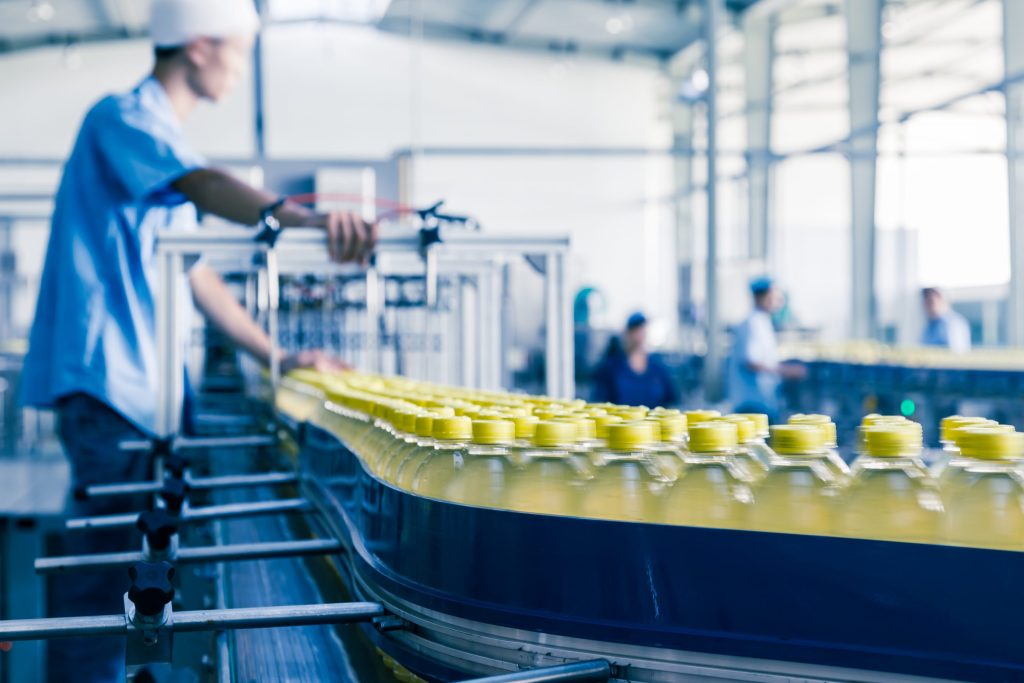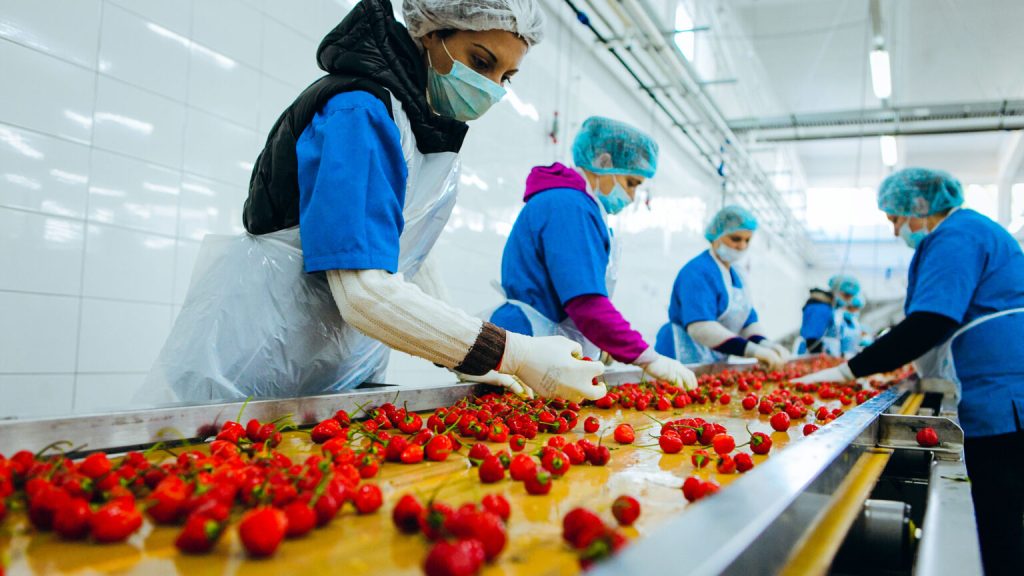Introduction to food processing plant hygiene
Food processing plant hygiene is a critical aspect of ensuring food safety and quality. It involves the implementation of proper sanitation practices to prevent contamination and bacterial growth in food products. As consumers become more aware and concerned about the source and safety of their food, it has become increasingly important for food processing plants to maintain high standards of cleanliness.
The importance of proper hygiene in food processing plants cannot be overstated. Not only does it protect consumers from potential health hazards, but it also helps businesses avoid costly recalls, lawsuits, and damage to their reputation. In this section, we will delve into the key components of food processing plant hygiene and why hiring sanitation specialists is crucial for your business.

